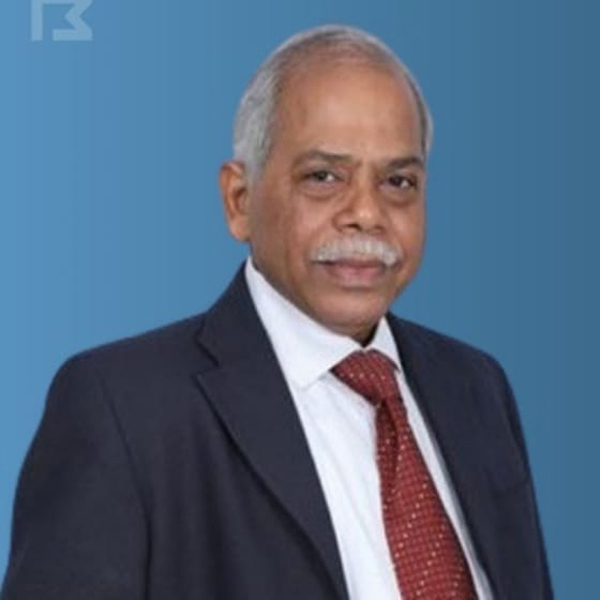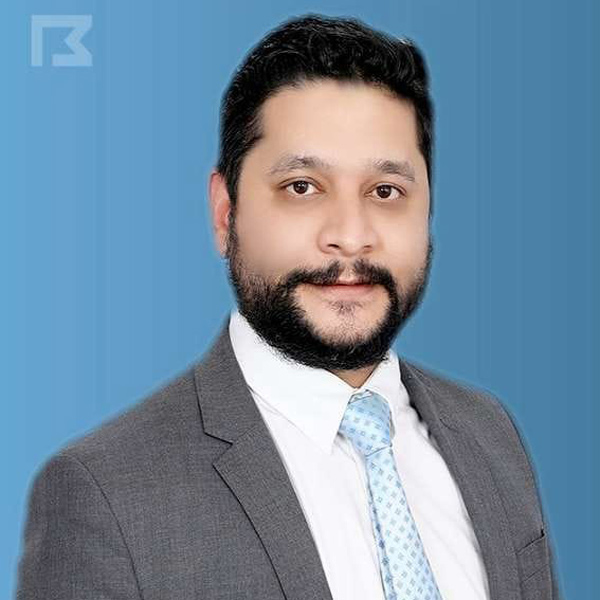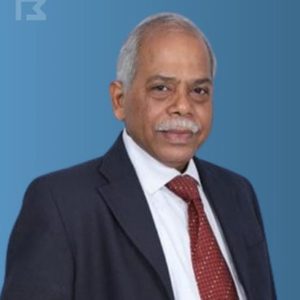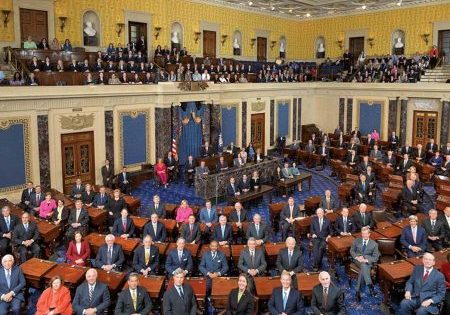Your authors explain the decision of the Mumbai Bench of Income Tax Appellate Tribunal on the taxability of income on the sale of goods by foreign entities to Indian suppliers.
by G.V. Gopala Rao and Gagandeep Sood
In India, income tax is levied on taxable income in accordance with the provisions of the Income Tax Act, 1961 (the Act). Under this Act, a person’s taxable income depends on his or her residential status. However, in cases involving onshore transactions with foreign companies where only some of the operations or activities of the business are carried out in India, the income deemed to accrue or arise in India is considered, and the “place of effective management” (POEM) of a company in India is required to be determined per the Indian tax regime.
Facts of the Case
The assessee, a non-resident company from China as part of the Schindler group of companies, sold elevators and escalators (“goods”) to Indian buyers. The assessee filed a nil return of income, claiming a refund of tax deducted at source on payments received, which was selected for scrutiny/audit by the Assessing Officer of the Income Tax Department, and hence, notices under Section 143(2) and Section 142(1) of the Act were accordingly issued.
A consortium was formed by the assessee to fulfill the terms of its supply contract in India, and the same was done by entering into an MOU (memorandum of understanding) with its Indian-associated enterprise. This consortium made a bid on the tender floated by Indian buyers for the design, manufacturing, supply, installation, testing and commissioning of goods and services offered by the assessee and its Indian-associated enterprise. The bids were accepted, and the MOU signed between the assessee and its Indian-associated enterprise was added to the main contract for the supply of goods and services to the Indian buyers in response to the floated tender.
The Assessing Officer sought to impose a tax on the assessee’s Indian revenue on the ground that it had significant onshore representations. The Assessing Officer further believed that the consortium constituted an Association of Persons (“AOP”) under Section 2(31) of the Act and that its revenue amounted to business income, thereby denying the benefit of the Double Taxation Avoidance Agreement (DTAA) between China and India, and accordingly proposed to levy a tax of 5% on the total receipts from the supply of goods, treating it as a composite contract.
Contentions of the Assessee
The assessee argued that its obligations are limited to designing, manufacturing and supplying escalators and elevators. On the other hand, the Indian group entity is responsible for material clearance upon arrival at the port, as well as full installation, testing, commissioning and maintenance. The assessee claimed that each consortium member’s contract duty was separate, despite the fact that the group entities bid for the project as a consortium, with each entity individually accountable for its scope of work.
It was further contended that the transaction cannot be taxed in India since the title in the goods was transferred to Indian buyers outside India and the payment for the same was also received outside India.
The assessee based its argument on the fact that the consideration received by the Indian group entity in respect of its Indian scope of work (i.e., clearance of material after reaching the airport and transportation to the site as per contract conditions, installation, testing, commissioning and maintenance of escalators) has already been offered for taxation in India and asserted that the income received by the assessee cannot be subject to tax.
The ITAT held that in the assessee’s case, the assessee did not carry out any operations in India in respect of its scope of work; therefore, the income earned by the assessee from the supply of escalators and elevators in India is not taxable in India.
Assessing Officer’s and DRP’s Contentions
The Assessing Officer took the view that the income of the assessee from the offshore supply of elevators and escalators is taxable in India as it amounts to “income accruing or arising through a business connection in India, or from a source of income in India.”
The Assessing Officer proposed to treat the consortium as an “AOP” under Section 2(31) of the Act and was of the view that the contract for the supply of goods in India was composite and indivisible and could not be separated into supply and commissioning. The Assessing Officer, on considering the consortium as AOP, denied the benefit of the relevant DTAA and proposed that the assessee’s revenue should be taxed in India. Further, it was stated that the assessee conducted inbound supply into India on a disembarkation basis and hence, gains arising from such supplies are taxable in India.
The proposal of the Assessing Officer by way of a draft Assessment Order was challenged before the Dispute Resolution Panel (DRP), which concluded in favor of the Assessing Officer, stating that the supply contracts are composites and not distinct. Aggrieved, the Assessee filed an appeal before the Income Tax Appellate Tribunal (ITAT) against the final Assessment Order and the directions of the DRP.
If a non-resident sells goods to an Indian resident or imports goods into India, the income gained from such sales or imports is assumed to accrue or originate in India and is liable to income tax in India, provided that the non-resident has a business connection in India.
What Was Held by ITAT?
Based on what the lower authority and the assessee submitted, the Income Tax Appellate Tribunal (ITAT) held that the Indian buyer became the owner of the goods as soon as the goods left the port of shipment. The ITAT relied on the decision of the Hon’ble Supreme Court in the case of Ishikawajma-Harima Heavy Industries Ltd. vs. DIT [2007] 288 ITR 408 (SC), where it was held that only such part of the income as is attributable to the operations carried out in India are taxable in India. The ITAT held that in the assessee’s case, the assessee did not carry out any operations in India in respect of its scope of work; therefore, the income earned by the assessee from the supply of escalators and elevators in India is not taxable in India. As a result, the Assessing Officer’s action of taxing the receipts was directed to be deleted.
Taxability of Sale of Goods and the Concept of Business Connection
The tax applicable on the sale of goods by foreign entities is determined based on business connections and the existence of a POEM in India. Section 9 of the Act deals with income that is deemed to accrue or arise in India. If a non-resident sells goods to an Indian resident or imports goods into India, the income gained from such sales or imports is assumed to accrue or originate in India and is liable to income tax in India, provided that the non-resident has a business connection in India. However, if the non-resident does not have a business connection and sells goods to an Indian resident from outside India, such income is not regarded to accrue or arise in India and therefore, is not taxable in India.
In cases where the elements of business connection and POEM exist, income from the sale of goods in India from outside India is taxable.
Place of Effective Management and Sale of Goods in India
The POEM refers to the place where the key management and commercial decisions necessary for the conduct of the company’s business are made. When a foreign company sells goods in India but has no physical presence, POEM is particularly significant. If the corporation has a POEM in India, its tax duty will vary. The POEM depends on the location of the board of directors and senior management at the time of taking policy decisions. The POEM may differ from the company’s place of incorporation or location.
Conclusion
The decision of the ITAT is based on the principles of the Indian Income Tax regime, and it interprets the transaction in light of the applicable provisions of law. In arriving at a conclusion, the ITAT has applied complex tax concepts such as business connection and POEM to the facts of the case, and its ruling is explicitly based on legal reasoning. The ITAT’s analysis of the concept of “cost, insurance and freight” (CIF) and its application in determining where the title of goods passes from the seller to the buyer will serve as a guiding principle in determining the taxability of a transaction where consideration is paid outside India and the assessee does not carry out any activities in India concerning the scope of work assigned to them under cross-border transactions.

G.V. Gopala Rao, IRS (R), (Former Chief Commissioner of Income Tax) Director, Tax Advisory, Fox Mandal & Associates LLP, Bangalore
With 35 years of exemplary service as an IRS officer in the Income Tax Department, Rao retired as the chief commissioner of Income Tax, Mumbai, in 2019. Post-retirement, he has been contributing his valuable expertise as a director in the Tax Department of a leading law firm, Fox Mandal and Associates LLP, Bangalore. While in service, he received many commendations from the Government of India for exceptional work done in the Investigation Wing. He was also a regular guest lecturer in the Departmental Training Institutes and was the Government’s nominee for the Mid-Career Training Program, a joint initiative of IIM-Bangalore and Syracuse University, U.S. He specializes in corporate taxation, search and seizure assessment procedures, charitable trusts and NGOs, as well as dispute resolution.
In addition to being the director (Tax Advisory) at Fox Mandal and Associates LLP, he also holds the following positions: independent chairman of a private limited company appointed by the Hon’ble National Company Law Tribunal (NCLT), Bengaluru Bench, to conduct the affairs of the company; founding partner of Expert Tax Solutions LLP, which provides online solutions to taxpayers and tax practitioners; honorary advisor to Guptaji Invests, which is an Angel Network connecting investors with start-ups; and honorary advisor to M/s RS Business Ventures LLP, which is engaged in the business of manufacturing and supplying organic ice cream through a leading online food delivery company.
He is also a member of various voluntary organizations/NGOs in Karnataka and Andhra Pradesh that render service in the areas of education, employment and economic development. He is the chief academic advisor at Vasavi Academy (of Karnataka Arya Vysya Mahasabha), Bangalore, which offers free coaching for IAS/IPS (UPSC) Exams. He is a member of the Advisory Board of The Akshaya Patra Foundation (TAPF), Bangalore, which is providing fresh and nutritious meals to school children in various states in India. He is a member of the Governing Council of Akshadhaa Foundation, Bangalore, an NGO that works for special children and young adults, and he is an advisor at Samata Seva Samithi, Rajahmundry (A.P.), which helps in youth empowerment and employment. He completed his master’s degree in economics from Andhra University, Waltair. Contemporary Telugu writings inspire him, and he enjoys reading, as well as offering educational and career counseling to rural students. He is regularly invited to speak on income tax and the socio-economic characteristics of fiscal space in various public meetings and virtual events. He also contributes insightful articles on tax matters.

Gagandeep Sood, Group Head, Tax Advisory, Fox Mandal & Associates LLP, Bangalore
Sood is a goal-focused attorney with nine-plus years of experience in corporate and taxation laws. He has demonstrated considerable dexterity in corporate tax advisory on foreign investments, cross-border trade and service arrangements. He has also assisted in the tax structuring of corporates engaged in the manufacturing and service sectors with cost and profit management through effective tax planning. With a thorough understanding of corporate laws, foreign inward/offshore investments and indirect taxes, he is constantly sought by clients to represent them before adjudicating authorities and Custom Excise and Service Tax Tribunals (CESTAT).
His well-rounded acumen is a consequence of his prior experience in legal metrology, food and safety laws, renewable and non-renewable energy laws and the Indian tax system. His acquaintance spans industry sectors from manufacturing, real estate, automobile, food and beverage to the apparel industry. His perseverance, analytical skills and reasoned judgment have helped him hang tough and achieve remarkable success in the field. He believes that success is discipline, and that belief has catapulted him into an acme of diligence. At Fox Mandal, he constantly endeavors to achieve excellence in client service by instilling a spirit of teamwork among his colleagues. He obtained his Bachelor of Law degree from Bengaluru University in 2011 and been registered with the Bar Council. He has participated in webinars and conferences, and his articles have been published on several platforms. His practice areas include commercial law, corporate law, family business, immigration, sports law, indirect and direct tax, tax litigation and representation, tax compliance and economic offences in the following sectors: agriculture, consumer goods and retail, education, food and beverages, start-ups and textiles, apparels and accessories.
Get more of Elevator World. Sign up for our free e-newsletter.









